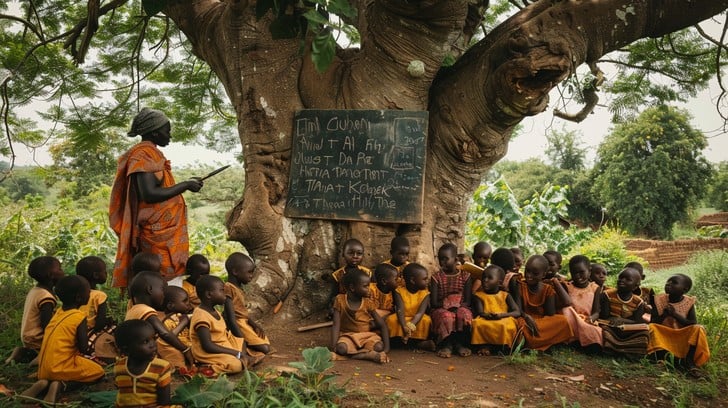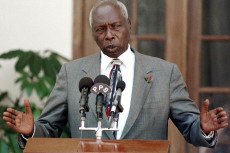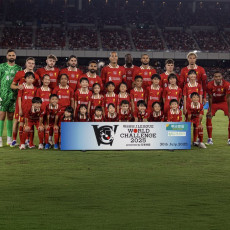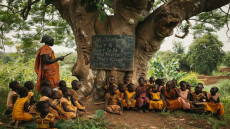- For many, education was “a boys’ thing.” Yet, years later, their determination never faded—they enrolled in adult literacy programs famously called gumbaru schools, sitting proudly on wooden benches next to people half their age, proving that it’s never too late to learn.
There was a time when school was not just about books and grades—it was a full-blown adventure. Our parents and grandparents wore their struggles like badges of honour, and the stories they told us could fill an entire Netflix series.
Picture this: dawn breaks, and a young boy ties his only pair of tattered shorts with sisal rope because a belt was a luxury. His feet? Bare, of course, because shoes were for Christmas and funerals.
Then, off he goes—trekking ten kilometres through fields, crossing streams, and occasionally outsmarting a stubborn goat on the way. If you complain about traffic today, he would laugh until his ribs hurt.
Classrooms? Forget those fancy whiteboards and projectors. Learning happened under trees where the blackboard was an actual board nailed to a trunk. When it rained, the lesson ended—not because school closed, but because the chalk would melt away like sugar in tea.
Evenings were another episode. With no electricity, the heroes of the day would huddle around a smoky kerosene lamp, eyes tearing, determined to master arithmetic while inhaling enough smoke to barbecue a goat. Somehow, they did it!
Read More
However, the struggle was not for everyone. Some of our grandmothers never saw the inside of a classroom as children. Instead, they were sent to herd goats, fetch water, and learn the art of milking cows.
For many, education was “a boys’ thing.” Yet, years later, their determination never faded—they enrolled in adult literacy programs famously called gumbaru schools, sitting proudly on wooden benches next to people half their age, proving that it’s never too late to learn.
In addition, the humour! Ask any elder about “school lunches,” and you will hear stories about carrying githeri in old Blue Band tins, which often leaked until your entire exercise book smelled like beans. Water bottles? A calabash would do.
These stories may sound like comedy now, but they were chapters of resilience and hope. Our parents believed that education was the ultimate escape ticket from poverty, and nothing—not distance, hunger, or bare feet—could stop them.
Today, as we complain about slow Wi-Fi, let us remember the generation that walked miles, studied under trees, and lit lamps to keep their dreams alive.












